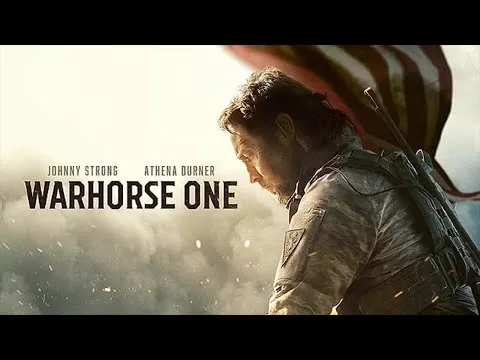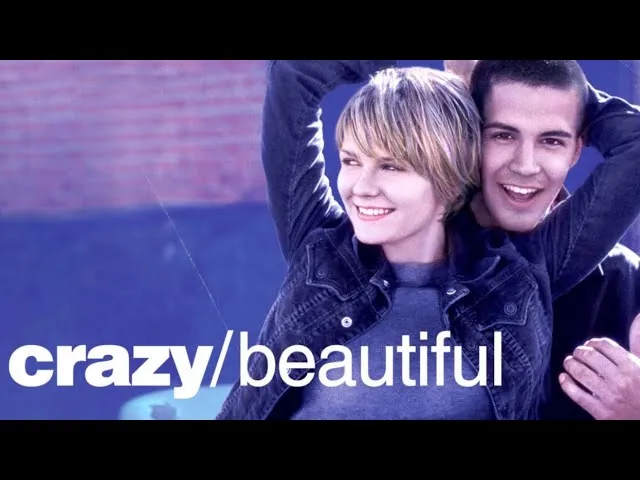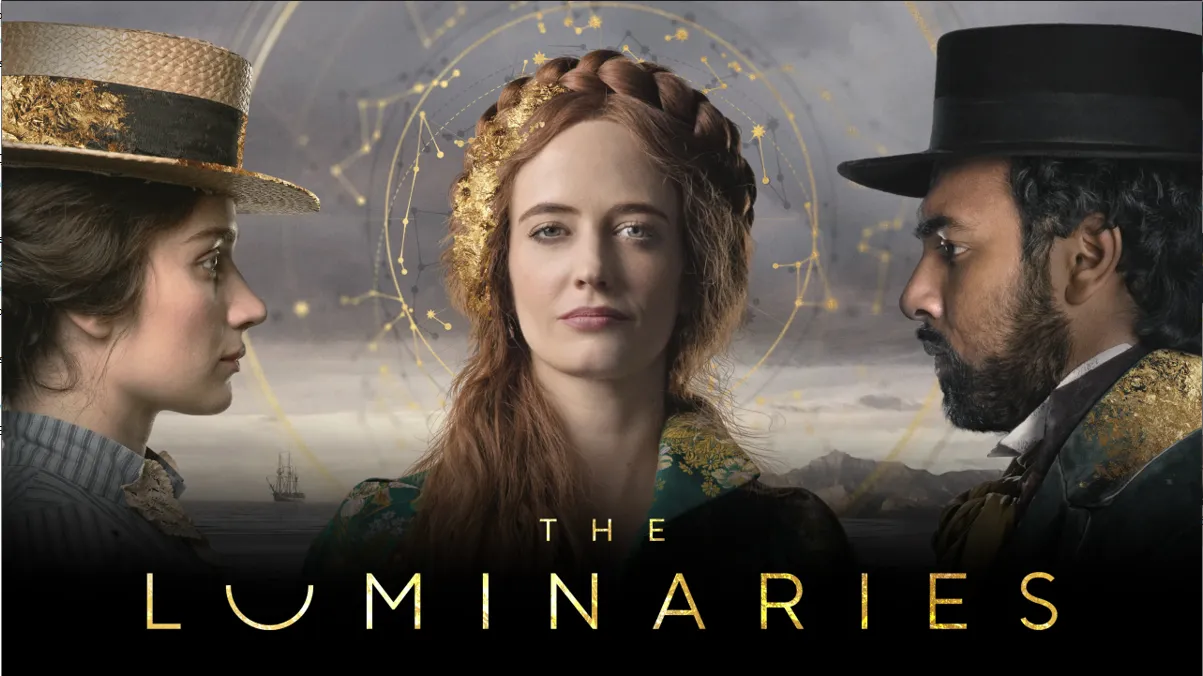“In the silence between centuries, he waits — not for prey, but for something he’ll never find.”
In the mist of Transylvania, through winds howling past forgotten towers, he still exists. Not dead. Not asleep. Not forgetful.
Dracula returns — not as a myth, but as a hunger that has never been satisfied.
Directed by André Øvredal (Scary Stories to Tell in the Dark, The Last Voyage of the Demeter), “Dracula (2025)” offers a fresh vision — darker, quieter, and far more haunting.
This is not the tale of a monster. It is the tragedy of a man who cannot die — and cannot love without destroying.

He doesn’t sleep in a coffin. He drifts through memory. And memory is always thirsty.
England, post-Victorian era. A new century dawns — electricity, locomotives, machines that kill the night.
But with progress comes adaptation. Darkness learns to evolve.
Dracula returns — not as a caped cliché, but as a sentient, watching, waiting creature who bleeds intelligence — and grief.
A haunted psychiatrist. A nurse who mirrors the lost Mina.
And a London without crucifixes — only screens and sterile blood in plastic tubes.
His eyes have watched empires fall, love burn, and humans repeat the same mistakes — century after century.
This isn’t just horror. Dracula (2025) is a requiem about immortality and isolation.
He is not to be understood — and those who try do not survive.
With cold palettes, pacing like a dying heartbeat, and performances that ache with centuries of regret, the film paints Dracula not as a demon — but as a god misplaced.




